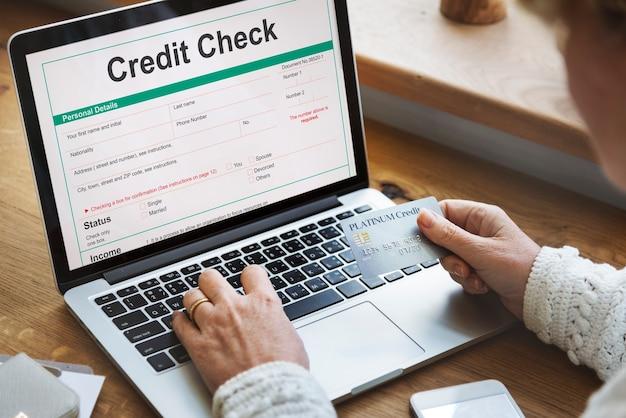To achieve financial stability, managing and repairing your credit is crucial. With good credit, you can do anything from renting a home to securing a loan at lower rates. It becomes hard to reach your financial goals with bad credit. You should keep all matters related to credit management and repair in your hands, or you could lose your dollars. Whether you want to recover from past financial losses or are looking to improve your credit score, credit management is necessary. Here are some practical tips on how to manage and repair your credit for a better financial future.
Join Credit Repair Classes
The key step is to join a credit repair course, as it is a very beneficial resource for anyone. When working with a company, they can charge high fees and add negative information to your credit report. Therefore, these classes provide comprehensive knowledge and tools that can help you identify potential issues. They guide you in understanding your credit report and offer effective strategies to improve your credit score. They also provide valuable guidance on how to deal with the complexities of credit management. Credit Repair Classes can empower you to manage your credit score efficiently.
Monitor Your Credit Report
It is very rare to have errors in credit reports, but sometimes inaccuracies can occur over time. The type of information included can sometimes have a negative impact on your credit score. You should carefully review your credit report once a year to identify potential problems. Review all your accounts that are in use and those that don’t belong to you. Carefully check all your old accounts to see if they are open or closed. Check for any discrepancies in your account balance and incorrect credit limits. Keep an eye on all the information to ensure it belongs to you and not someone else.
Create Positive Credit Habits
One of the most practical tips for managing and repairing your credit is to develop good and healthy financial habits. This helps you regularly keep an eye on all your financial information and avoid scams. You should make all your payments on time and not ignore a single payment. You can achieve maximum scores by making early payments and avoiding the risk of missing payment deadlines. Moreover, you should also keep your credit utilization rate and revolving debt low. One tip is to always keep your paid-off accounts open.
Build New Credit Strategically
When you build new credit with zero credit history and a low score, it can be very daunting. You should always consider opening a new secure credit card. These cards are a good option, as they require a cash deposit and allow you to set your own credit limit. You can become an authorized user on another person’s credit card account. This is a good tip, as you can make purchases with their card. If the card owner has a positive credit history, it can ultimately improve your credit score. You should also open an account with a cosigner to manage your loans more comfortably.







